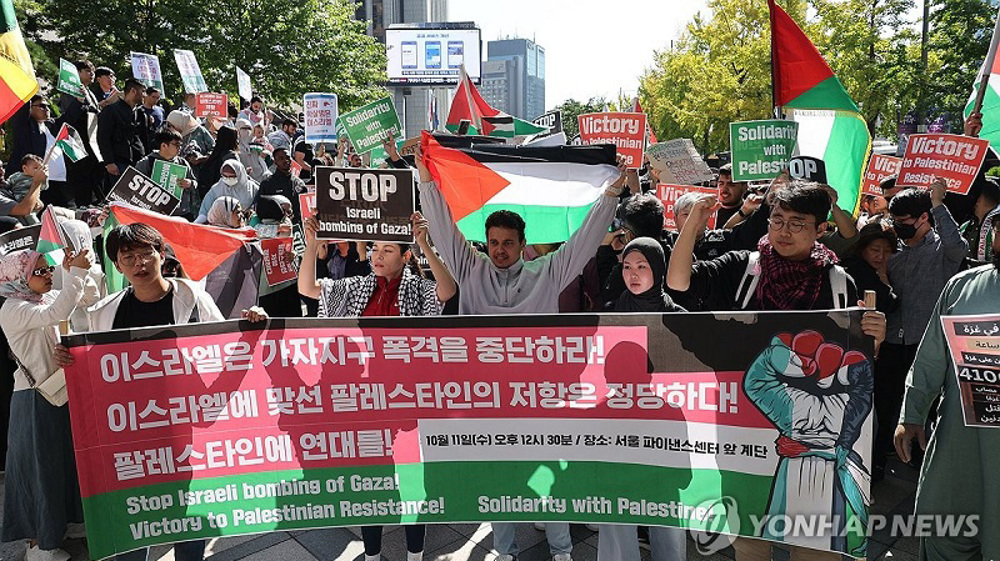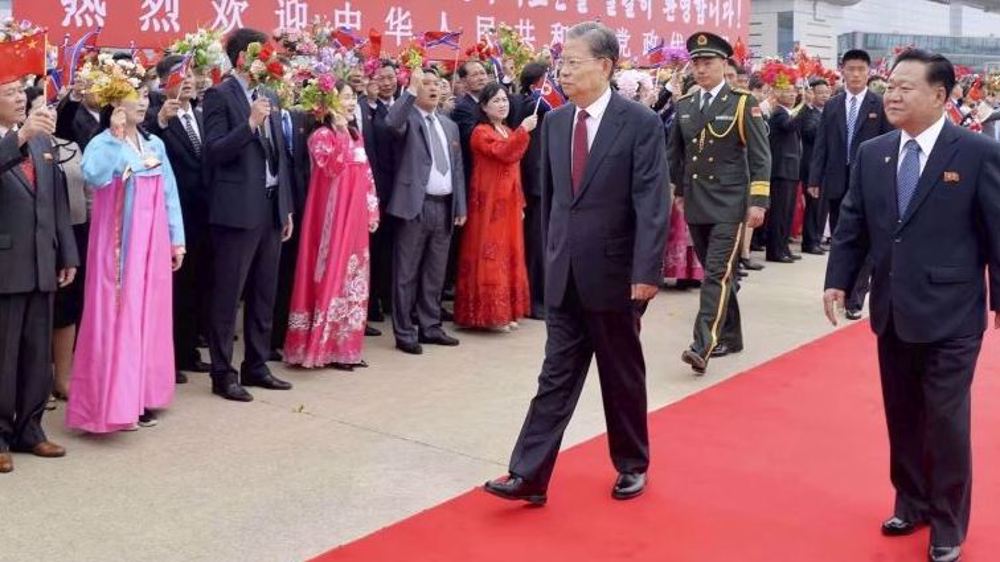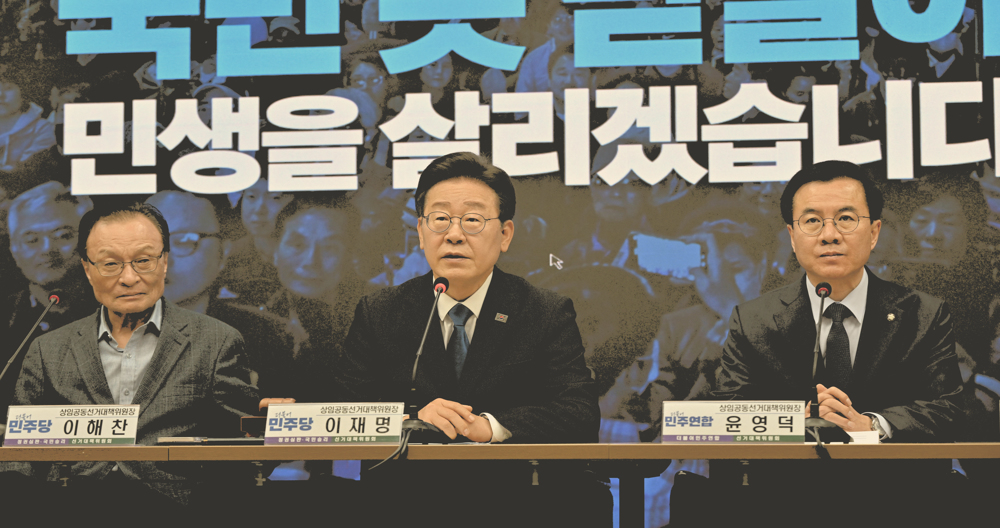South Korea suspends visas for Chinese teachers
South Korea has suspended issuing or extending visas for Chinese teachers amid growing tensions between the two sides over the planned deployment of a US missile system to the restive Korean Peninsula.
Immigration authorities in Seoul have stopped issuing or renewing teaching visas, called E-2, for instructors at the Confucius Institute since December 2016, South Korea’s Yonhap news agency reported Tuesday.
The Confucius Institute, which provides Chinese language and cultural education, has 22 branches nationwide in South Korea, and many of them offer courses in collaboration with local universities.
“We are puzzled, as in the case of our university, the visa has been issued without major problems for the past six to seven years,” an official at a local school said.
There are speculations that the move is linked to the dispute between China and South Korea regarding Seoul’s controversial plan to allow the installation of the US missile system known as THAAD.
However, South Korea’s Ministry of Justice has denied such speculations, saying the halt in the process comes as the tutors do not fulfill the requirements to receive E-2 visas based on rules.
“There is no other background or motive other than to run the visa program according to the immigration law”, a Justice Ministry official said, adding, “We are currently discussing with relevant bodies and plan to provide support as much as possible so that business related to Confucius Institute can run smoothly.”
Last year, the United States and South Korea agreed to deploy the THAAD system in the Southeast Asian country by late 2017 to protect it against what is called threats from North Korea.
THAAD has been designed to intercept ballistic missiles inside or outside the atmosphere during their final phase of flight.
However, Beijing says such deployment will seriously weaken regional stability. The plan has also triggered angry protests within South Korea.
On Monday, South Korea’s acting president Hwang Kyo-ahn and new US President Donald Trump discussed the ThAAD deployment, agreeing to strengthen their joint military capabilities.
Since the Korean War, which lasted from 1950 to 1953, the Korean Peninsula has been locked in a cycle of military rhetoric. No peace deal has been signed since then, which means the two neighbors technically remain at war.
Iran’s response to Israel will be ‘immediate, at maximum level’: FM
Gaza: No place for children
Voters begin casting ballots in weeks-long election in India
Venezuela slams US over reimposition of 'criminal' oil sanctions
April 18: ‘Axis of Resistance’ operations against Israeli occupation
Blinken ignoring staff recommendation to cut US aid to Israel: Report
Report: Israeli warplanes bomb positions in southwestern Syria, Iraq
US forces smuggle stolen Syrian oil into bases in Iraq: Report










 This makes it easy to access the Press TV website
This makes it easy to access the Press TV website